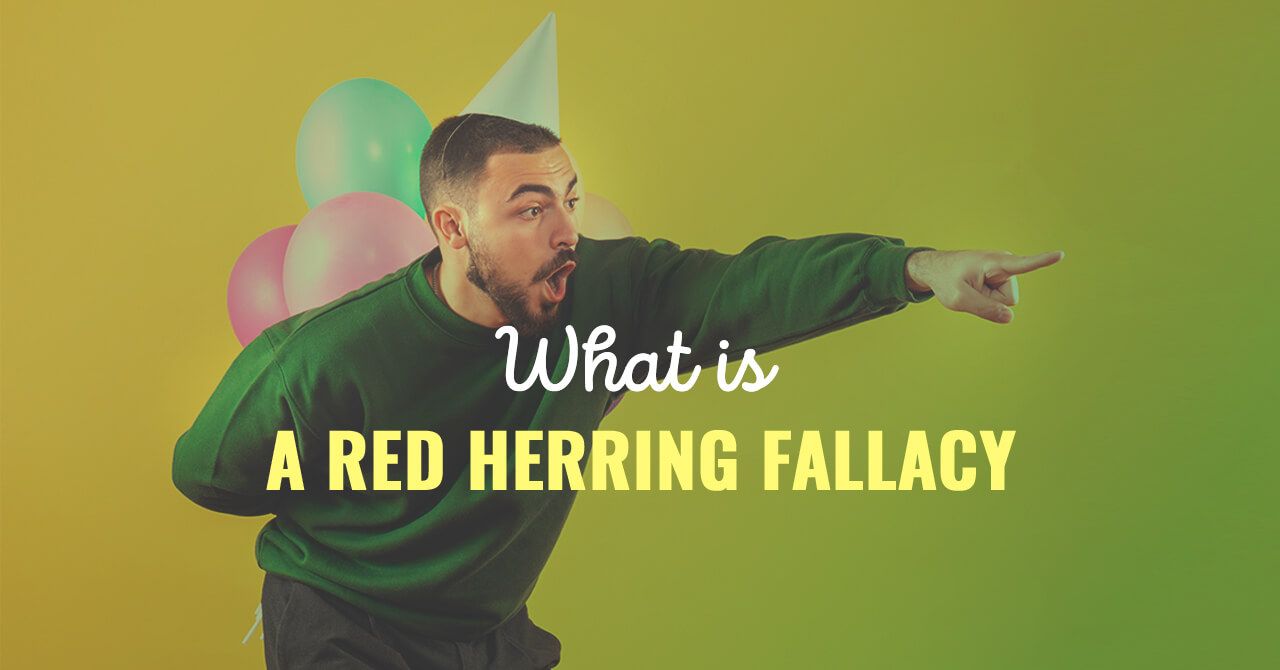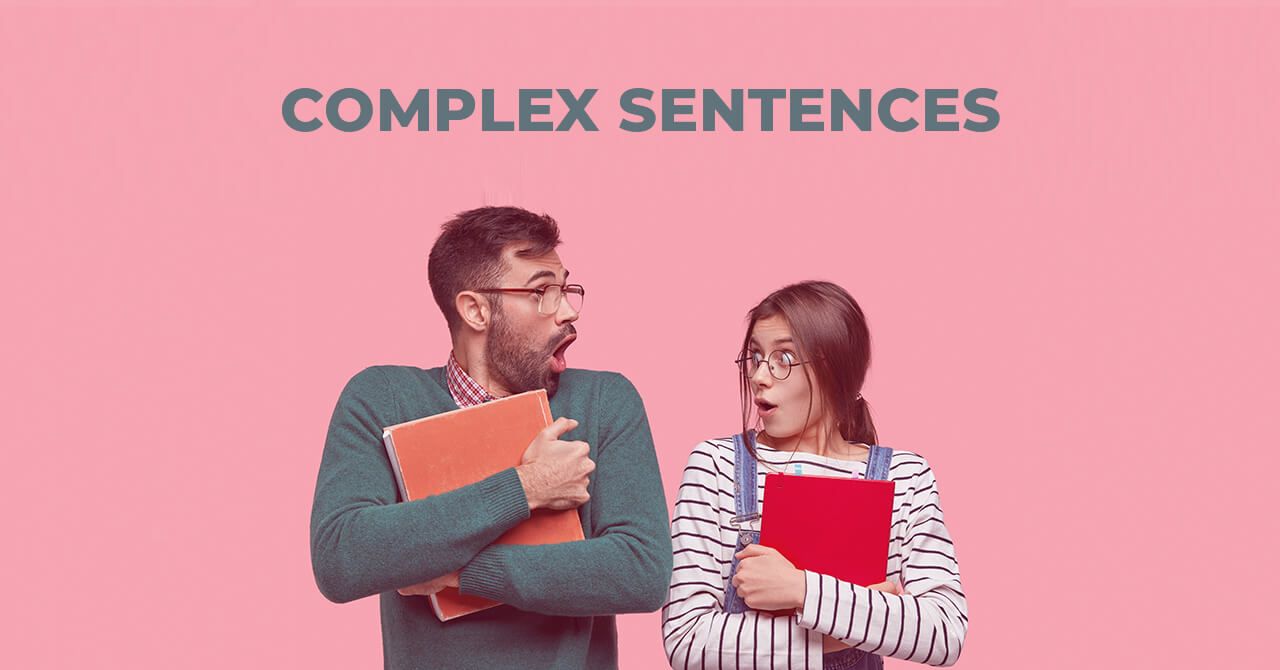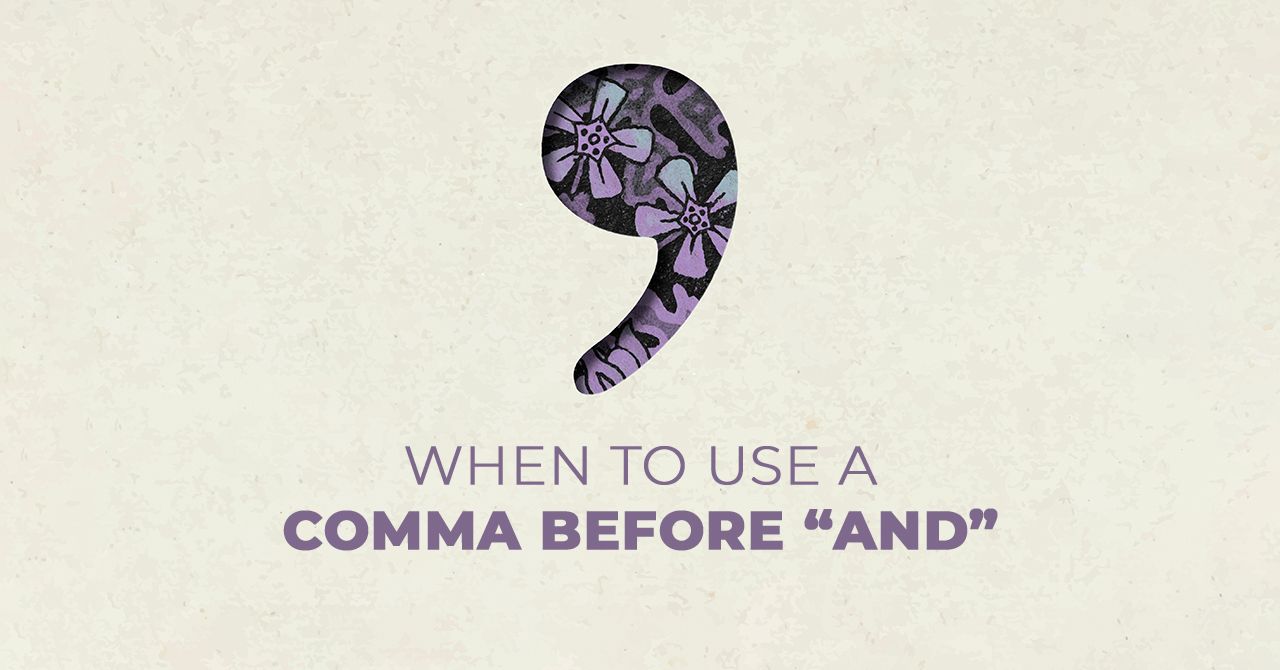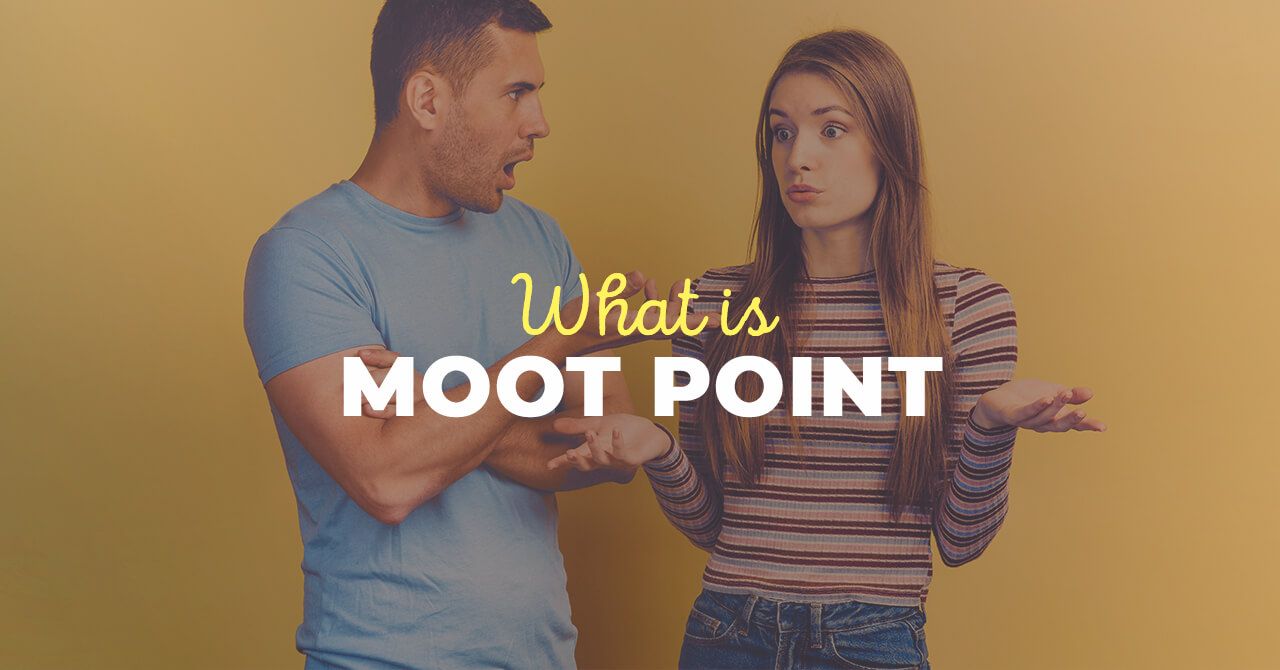English
Find lots of useful information for learning English. Don't miss our new articles.

E.g. vs. I.e.—How to Use Them Correctly
Even though e.g. and i.e. are some of the most commonly used Latin abbreviations in the English language, they are often misused or used interchangeably.

Red Herring Fallacy—Meaning and Use
The red herring fallacy is a logical fallacy that allows irrelevant facts to form our opinions about something.

What is a Complex Sentence?
Complex sentences involve at least one independent clause and one dependent clause.

What Does It Mean to Follow Up and When to Use a Hyphen?
Follow up is a phrasal verb that we can use in several contexts. Follow-up can be an adjective that refers to the act of following up.

The Use of Present Perfect Tense in the English Language
The present perfect has a distinct form and function. It informs the listener (or reader) about past actions and the present moment simultaneously.

What are Reflexive Pronouns?
The best way to use a reflexive pronoun is for the object if the verb’s subject and object are identical.

Reasons for Using Comma Before “And”
When connecting two independent phrases with “and,” use a comma before it.

The Meaning of the Phrase “Moot Point”
In American English, a moot point is a completely unrelated issue to the main subject of discussion. In British English, on the other hand, a moot point is simply a debatable issue.